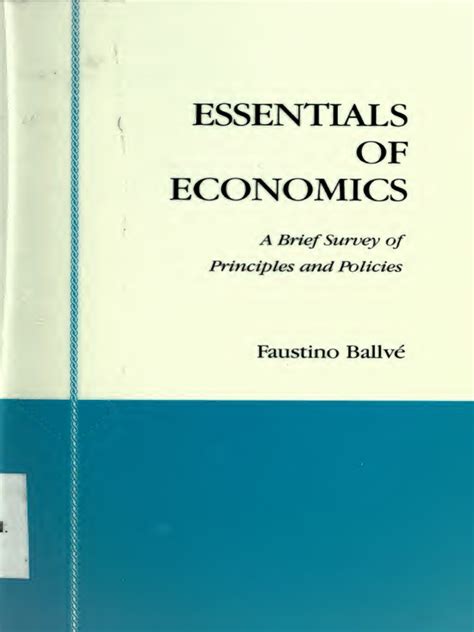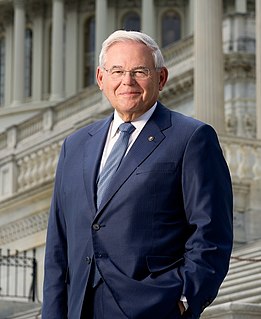A Quote by Mahathir Mohamad
It is not true at all that a free market will ensure a democracy. It doesn't. There must be a balance between a free market and some regulations which are essential in order to safeguard the interests of consumers and of people in general.
Related Quotes
The basic principles of democracy should be observed whatever the country - principles such as civil liberties, a free market, a free press, the priority of the individual over mythical state interests, a state which serves the interests of ordinary people and defends their rights and interests. This is all easy to say but hard to make reality.
The capitalistic social order, therefore, is an economic democracy in the strictest sense of the word. In the last analysis, all decisions are dependent on the will of the people as consumers. Thus, whenever there is a conflict between the consumers' views and those of the business managers, market pressures assure that the views of the consumers win out eventually.
My father always said 'There's no free lunch.' My father was right. There's no free lunch and there's no free market. The market is rigged, the market is always rigged, and the rigging is in favour of the people who run the market. That's what the market is. It's a bent casino. The house always wins.
It [the free market] is an organizational way of doing things, featuring openness, which enables millions of people to cooperate and compete without demanding a preliminary clearance of pedigree, nationality, color, race, religion, or wealth. It demands only that each person abide by voluntary principles, that is, by fair play. The free market means willing exchange; it is impersonal justice in the economic sphere and excludes coercion, plunder, theft, protectionism, and other anti-free market ways by which goods and services change hands.
However, you have to recognize that regulations will never be completely successful and they will always be full of holes. You must constantly be ready to fill new holes. Actually regulation should be kept to a minimum, but there has to be some cooperation between market participants and authorities - as was the case in the early postwar years. The Bank of England was a very successful regulator by cooperating with market participants. This cooperative spirit was broken by the market fundamentalists.


































